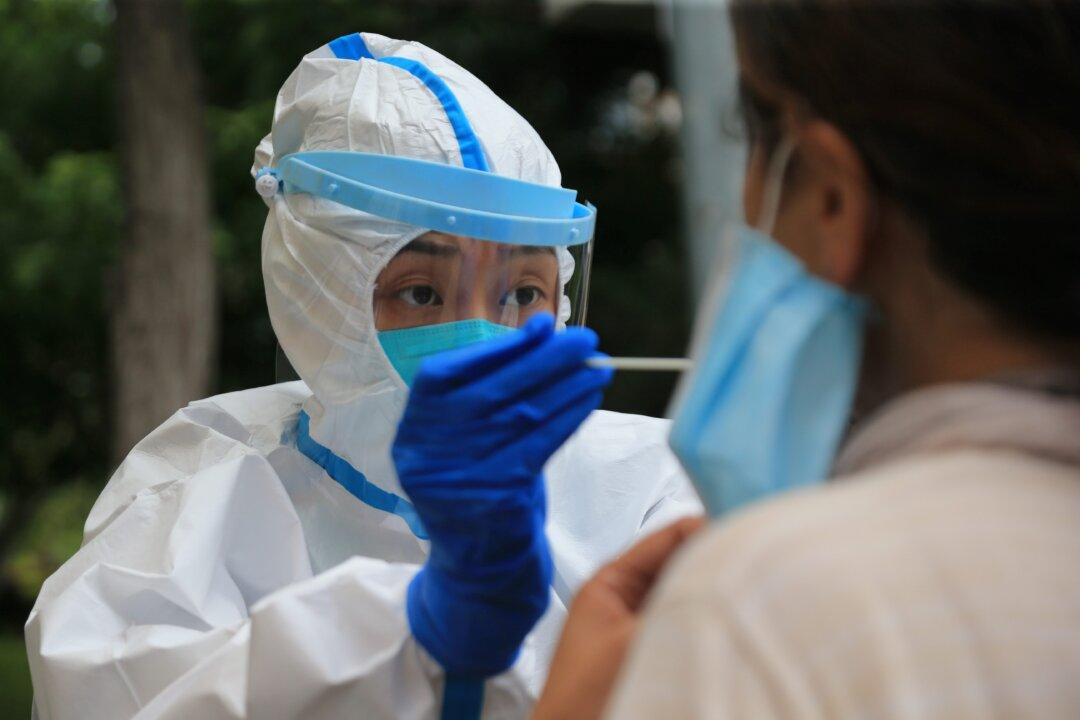The latest CCP virus outbreak in Dalian has spread to Beijing, according to official announcements on July 28.
The Beijing Centers for Disease Prevention and Control (CDC) announced that one COVID-19 patient, a 53-year-old woman, had become infected after having dinner with a friend from Dalian who was an asymptomatic carrier.





